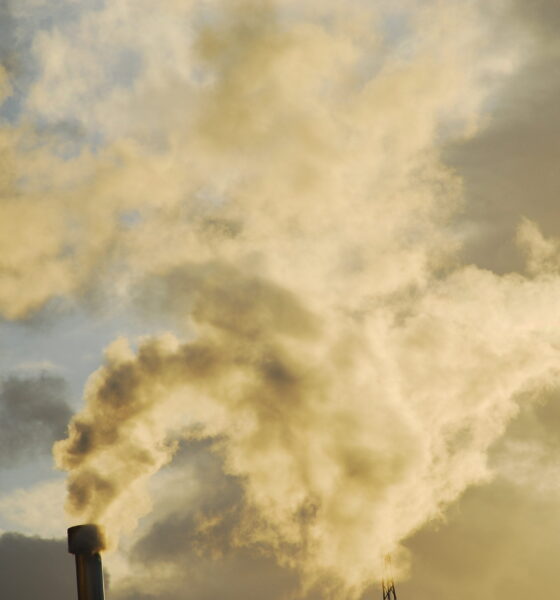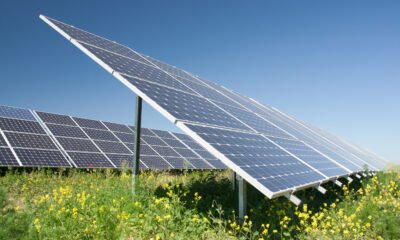

Energy
Massive emission reductions needed by 2050 to limit climate change damage, reports UN
A draft analysis of three UN scientific reports regarding global warming has concluded that by the year 2050, greenhouse gas emissions must be drastically reduced in order to avoid climate catastrophe.
The report suggests that reduction targets need to be set at between 40% and 70% lower than 2010 levels in order to avoid long lasting global warming damage.
Initially seen by Reuters, the report, published by the UN’s Intergovernmental Panel on Climate Change (IPCC), comes ahead of a climate change summit in Paris next year. Attending members of over 200 countries will be expected to sign an agreement that must lead to the relevant reductions.
According to the draft, which is due for publication in Copenhagen on November 2nd, “Deep cuts in greenhouse gas emissions to limit warming to 2C […] remain possible, yet will entail substantial technological, economic, institutional, and behavioural challenges.”
These cuts will primarily come from reductions in fossil fuel burning, which will require the tripling of investment and development in renewable energies like wind and solar, and nuclear power, the report said.
Global warming has already caused damage on all seven continents, according to the IPCC, who say there is a 95% chance that the warming has been caused by human activity.
“Human influence on the climate system is clear, and is estimated to have been the dominant cause of the warming observed since 1950,” the draft said.
Climate change has caused more extremes, in both heat and rainfall, harming food production and causing droughts which has affected crop yields. Unchecked climate change has consequently damaged economic growth, which has indirectly increased poverty rates – causing greater global conflict.
Cuts to fossil fuel emissions would affect the GDP of countries, but global GDP would be effected by a drop of just 0.06% per year from 2014, the report states.
The report was finished earlier this year in June, but has been continuously edited by researchers, “undergoing thorough revision”, said an IPCC spokesperson. It will be completed when a final draft is signed off by governments this month.
Photo source: ramzi hashisho via freeimages
Take our 2014 reader survey and you could win an iPad, Kindle or donation to a charity of your choice.
Further Reading:
The story of unburnable carbon
Air traffic growth set to undermine carbon reduction measures – study
Shell ‘underestimating’ climate change risks to investors
New ‘fossil free’ investment index boosts divestment movement


 Features10 months ago
Features10 months agoWhat is the Eco-Friendliest Option to Wash Your Dishes?

 Environment12 months ago
Environment12 months agoBuilding a Career in Green Construction: Tips and Insights

 News11 months ago
News11 months ago5 Ways Fleet Maintenance Software Can Help Businesses Be More Eco-Friendly

 Features10 months ago
Features10 months agoAddressing Pressing Ethical Concerns with Crypto Exchanges






























